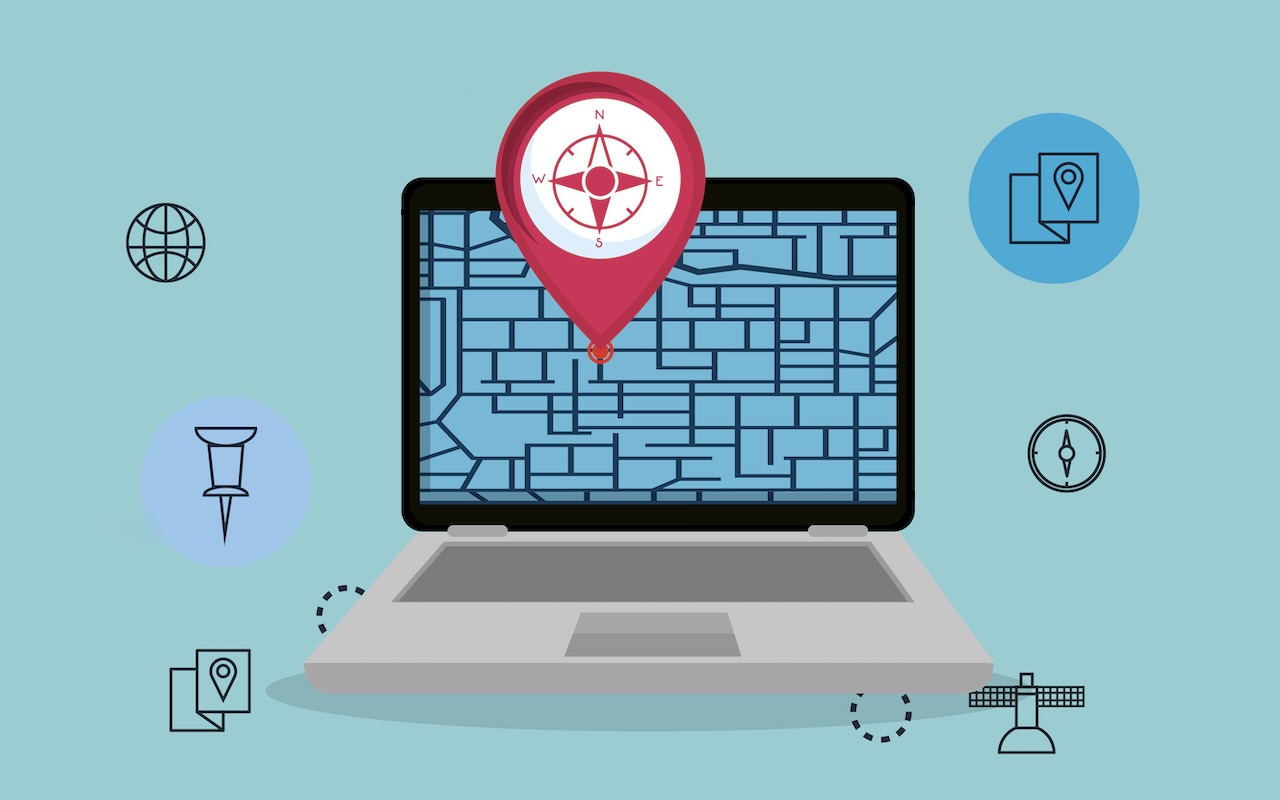
In today’s hyper-connected digital world, online security has become a top priority for both businesses and individuals. With cyber threats evolving at an alarming pace, traditional security measures often fall short in providing full protection. This is where IP tracking steps in as a powerful tool to detect suspicious activity, prevent fraud, and strengthen the overall digital defense system.
By identifying and analyzing IP addresses, organizations can gain real-time insights into user behavior and safeguard sensitive data. Whether you’re an individual concerned about identity theft or a business protecting its assets, understanding the role of IP tracking in online security is essential.
What is IP Tracking?
IP tracking involves monitoring the unique Internet Protocol (IP) addresses that devices use when connecting to the internet. Each IP address reveals details such as the user’s approximate location, Internet Service Provider (ISP), and browsing patterns.
This information, when analyzed correctly, can help businesses and cybersecurity experts:
- Identify unauthorized access attempts
- Detect unusual login locations
- Block malicious IPs associated with cyberattacks
- Prevent fraudulent activities like phishing and identity theft
In essence, IP tracking turns digital footprints into actionable intelligence.
Why IP Tracking Matters for Online Security
1. Fraud Detection and Prevention
Cybercriminals often disguise their activities behind fake accounts or stolen credentials. IP tracking helps identify irregularities such as multiple logins attempts from unusual locations or devices. For example, if a user’s account is usually accessed from New York but suddenly shows activity from another country within minutes, it can trigger an alert.
2. Securing Online Transactions
In eCommerce and online banking, IP tracking plays a vital role in verifying the authenticity of transactions. By analyzing the buyer’s IP location, businesses can flag high-risk activities, such as purchases made from regions with a history of fraudulent activity.
3. Blocking Malicious Traffic
Hackers often use automated bots or Distributed Denial-of-Service (DDoS) attacks to overwhelm websites. With IP tracking, system administrators can detect patterns of abnormal traffic and block the malicious IP addresses before they cause harm.
4. Compliance and Data Protection
For industries handling sensitive data such as healthcare or finance, IP tracking ensures compliance with regulatory frameworks like GDPR and HIPAA. By monitoring access logs, businesses can keep track of who is accessing their systems and from where.
Benefits of IP Tracking for Businesses
For companies, IP tracking isn’t just about security; it also offers strategic advantages.
- Improved Customer Insights: Beyond security, IP data helps in understanding user behavior, which can enhance personalization strategies.
- Geo-Blocking: Businesses can control access to their content or services by region, ensuring compliance with licensing laws or regional restrictions.
- Enhanced IT Management: Network administrators can track internal IP addresses to prevent unauthorized device connections.
Partnering with a trusted website development company ensures that these IP tracking features are seamlessly integrated into your digital infrastructure, from custom-built security dashboards to real-time monitoring tools.
The Ethical Side of IP Tracking
While IP tracking is beneficial, it’s important to handle it responsibly. Misuse can raise privacy concerns and damage customer trust. Businesses should:
- Clearly inform users about IP tracking practices
- Use data strictly for security and compliance purposes
- Avoid storing personal information unnecessarily
Striking the right balance between protection and privacy ensures long-term trust and compliance with global data protection laws.
Future of IP Tracking in Online Security
As cyber threats continue to evolve, so will IP tracking technologies. The integration of Artificial Intelligence (AI) and Machine Learning (ML) will make IP analysis more predictive than reactive. Instead of just identifying suspicious activity after it occurs, businesses will be able to forecast potential attacks and stop them before they happen.
Furthermore, the rise of IPv6 will expand IP tracking capabilities by providing a larger address pool, ensuring even greater accuracy in identifying devices and user activities.
Final Thoughts
IP tracking is no longer just a background tool; it has become a frontline defense mechanism in online security. From fraud detection and compliance to protecting online transactions, it offers both individuals and businesses a safeguard against ever-growing cyber threats.
For organizations looking to strengthen their digital infrastructure, collaborating with an experienced website development company can make all the difference. By combining IP tracking with advanced cybersecurity measures, businesses can not only protect sensitive data but also build trust and credibility in the digital space.
Featured Image by Freepik.
Share this post
Leave a comment
All comments are moderated. Spammy and bot submitted comments are deleted. Please submit the comments that are helpful to others, and we'll approve your comments. A comment that includes outbound link will only be approved if the content is relevant to the topic, and has some value to our readers.



Comments (0)
No comment